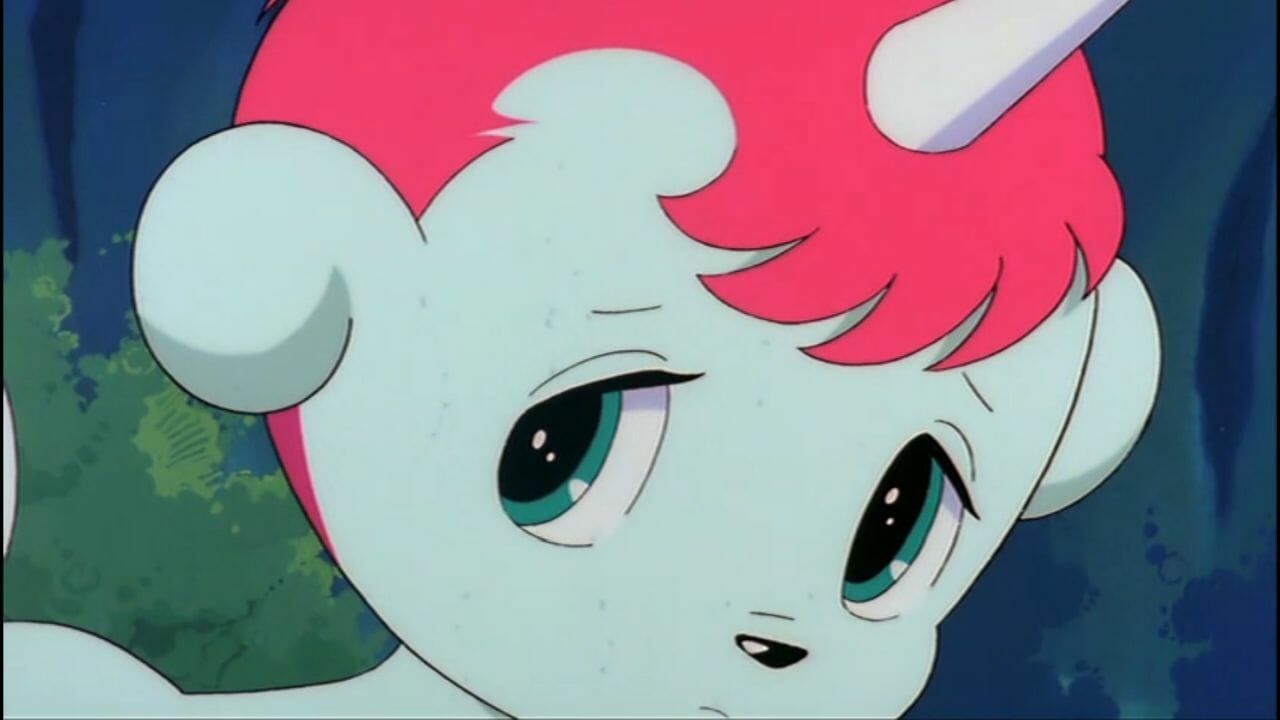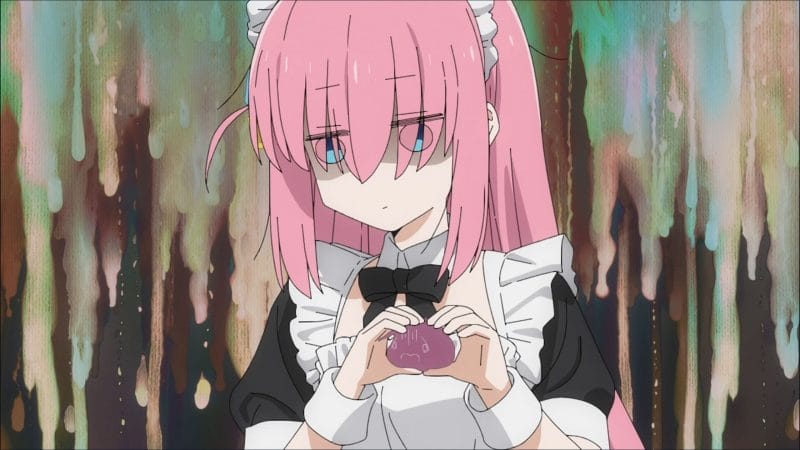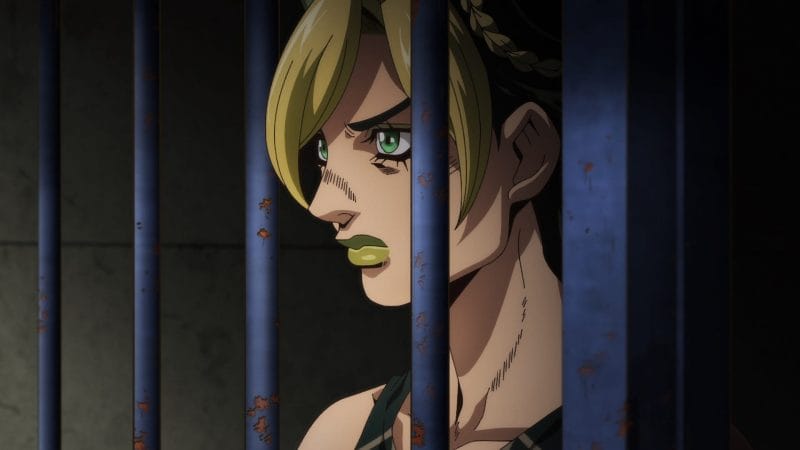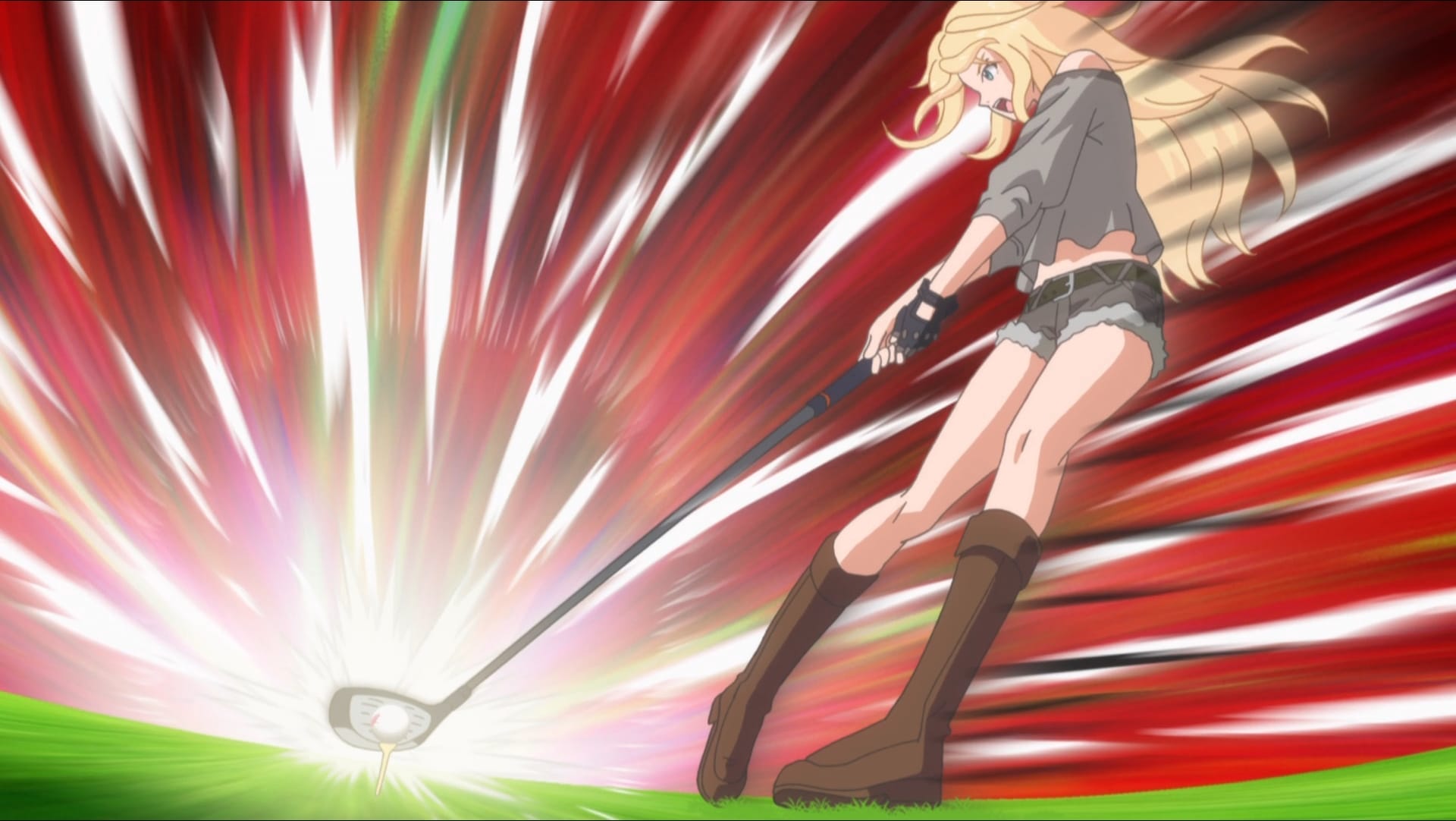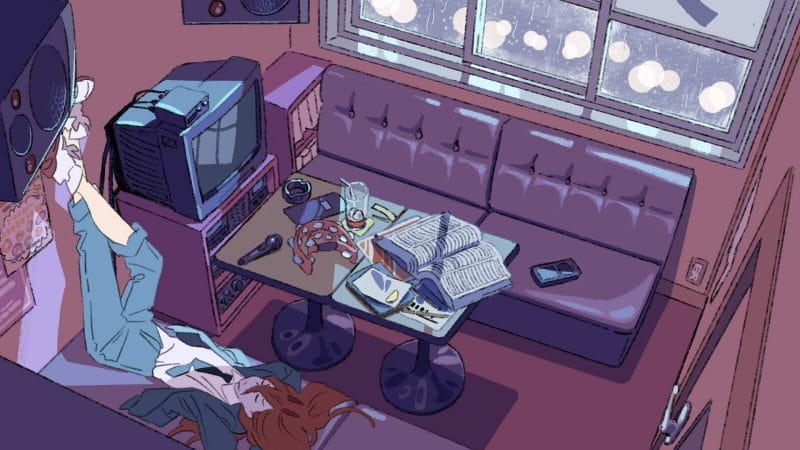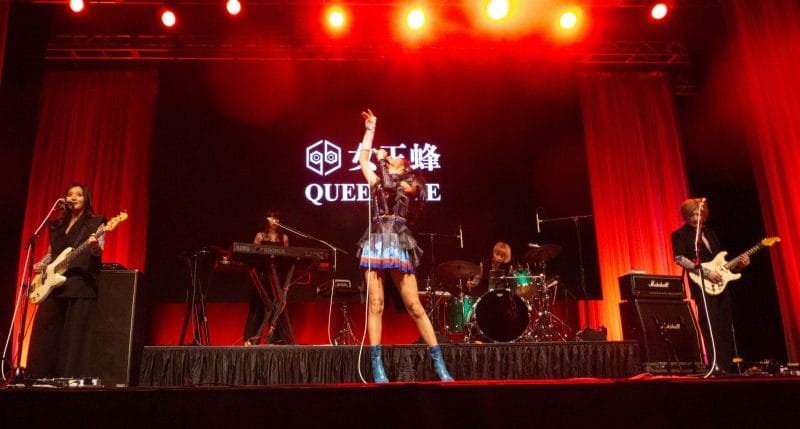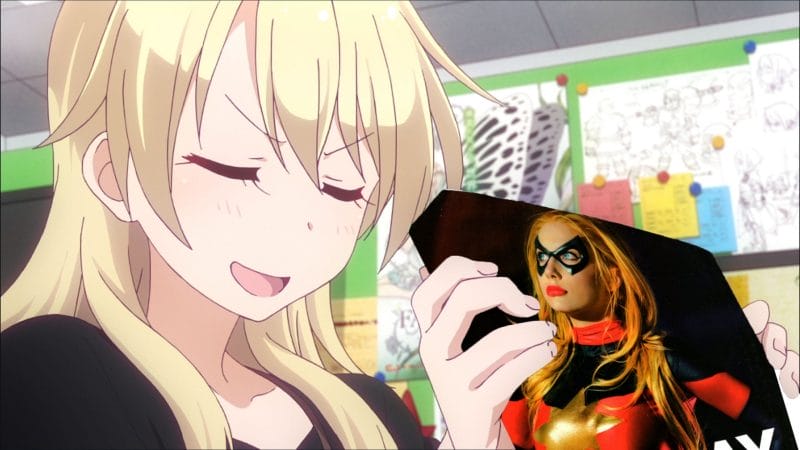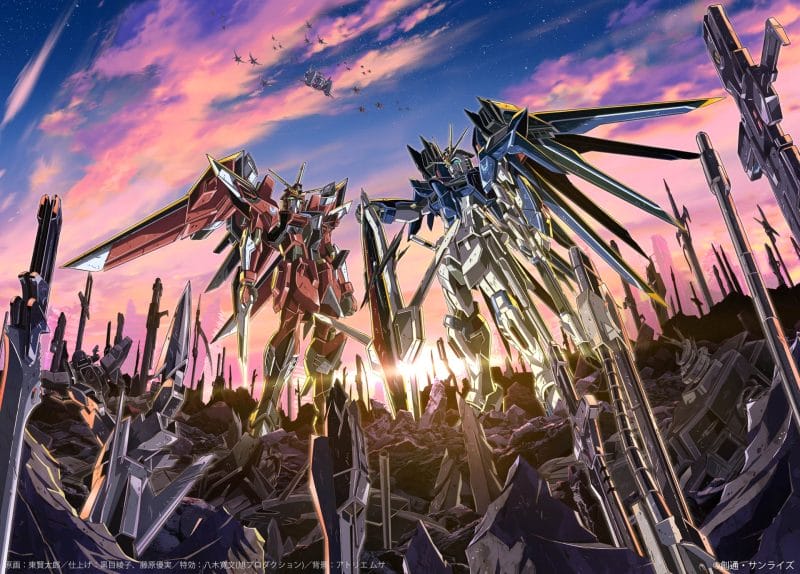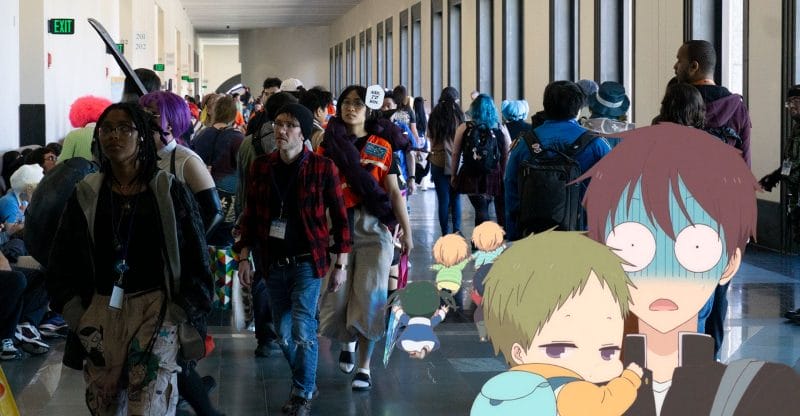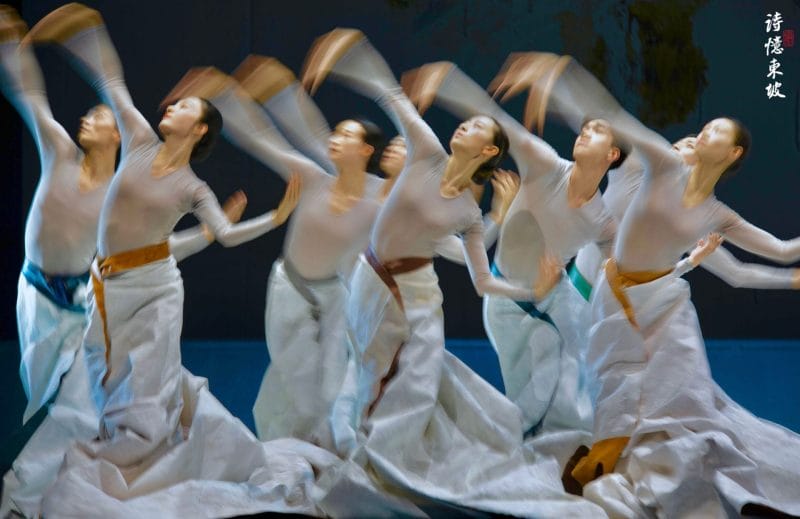If you are under the age of thirty, you will probably be surprised to learn that the Disney Channel you grew up on is vastly different from its original incarnation. Indeed, the bubbly universe of original, branded content and unambiguous moral stances is a somewhat recent iteration. In the sepia-toned late eighties and very early nineties, the Disney Channel, like Nickelodeon in its early days, didn’t yet have the capacity to broadcast twenty-four hours of daily in-house programming. This led the network to fill much of the day with a combination of older cartoons, foreign acquisitions, and content that could only be described as weird and disturbing.
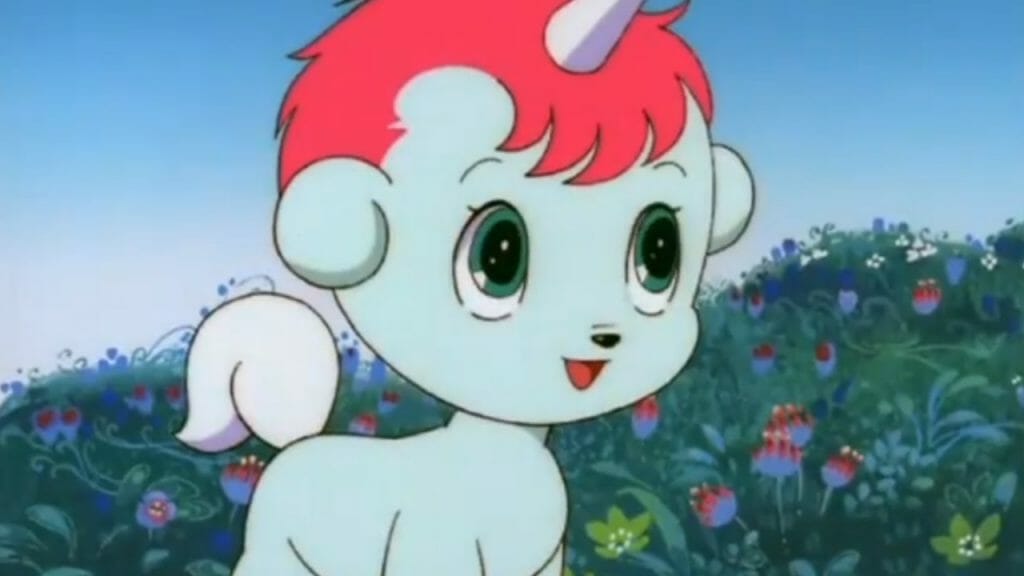
Amid old episodes of The Beatles’ short-lived animated series, or Harry Nilsson’s charming short The Point!, Disney’s mainstays included Peter No-Tail in Americat, which featured attempted cat cannibalism, and The Elm-Chanted Forest, a Croatian oddity from 1986. Memories of these early shows bring up a sort of tilting, low-grade discomfort in me. It’s a sensation that occupies the same nauseous cavern in my subconscious as the infamous “Tunnel of Terror” scene from Willy Wonka & The Chocolate Factory, which features a massive millipede clambering across a man’s face, as the passengers on Wonka’s boat cry out for the ride to end. It’s nostalgia, albeit without the warm fuzzies. A little electric jolt that would shoot through the television screen to my six-year-old self, carrying a warning: the world is dark and filled with sorrow.
But no film produces this effect quite so powerfully as The Fantastic Adventures of Unico. Unico, a tiny white unicorn, was created by the “God of Manga,” Osamu Tezuka, in 1976. He’s an unbearably cute character, who has the power to bring happiness to anyone he encounters; an ability that isn’t appreciated by the gods, who are represented in the film as a clutch of toga-wearing old white men.
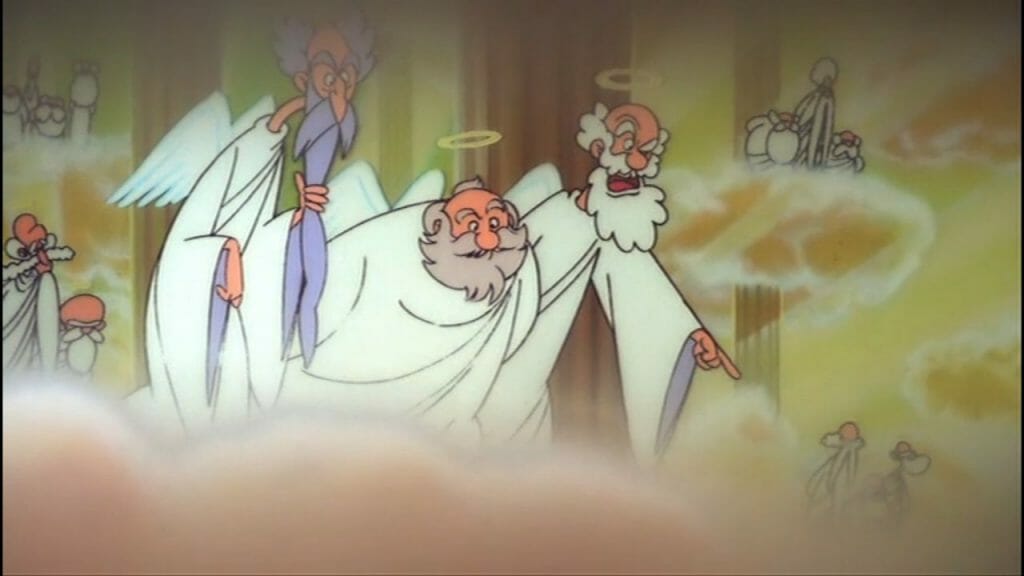
Unico’s world is a universe seemingly governed by Thomas Hobbes, where men would destroy one another were it not for strong and beneficent leadership. According to the gods, happiness should be a reward, only to come after years of sacrifice and hard work. Because of this, they fear that they will lose the respect of the masses, if people turn to Unico for happiness whenever they feel sad.
The gods, in a show of slight mercy, decide they won’t kill Unico, but simply banish him to the ends of the earth. They summon the West Wind and order her to whisk the unicorn away. She finds Unico literally suckling at his mother’s breast — did I mention he’s a newborn? Anyway, the West Wind takes him without so much as an explanation. When Unico awakens, he’s all alone in a dark and deserted place, far from his mother and siblings.
It’s here that the tragedy of Unico’s fate is made manifest: for the crime of engendering joy, he’s been sentenced to a life of solitude, a mortal blow for a happy little creature who craves friendship.
Despite this, Unico manages to find one companion after another as the West Wind drags him along. From the bratty demon Beezle, to the aspiring witch Katy, to the kindly old woman who offers Unico a home, each has their own reasons for befriending the unicorn, and each comes to see the brilliant heart that beats within him.
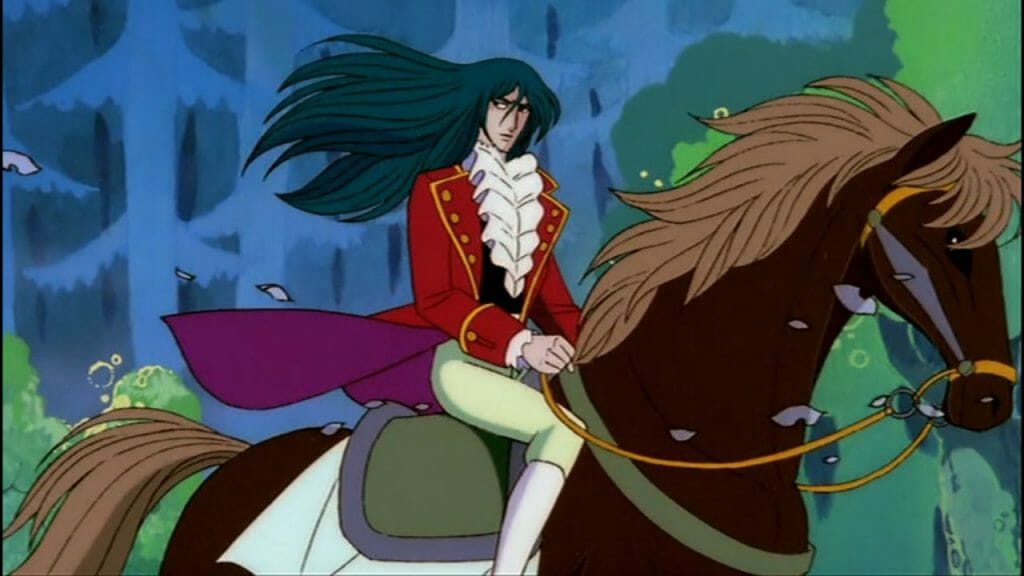
One day, though, the peace they know is shattered, when Katy meets a handsome stranger who calls himself Baron de Ghost. The Baron invites young Katy to his home, explaining that he wishes to hear her sing. In a twist that would be better suited to Lifetime than Disney, Katy steals away to the Baron’s castle where the Baron drugs the girl with poisoned wine, gloating that Katy’s next dreams will be her last. Though Unico saves his friend and kills the Baron, he is unable to celebrate. He is scooped up by the West Wind one last time, and the film ends with the teary-eyed unicorn once more ripped away from everyone who loves him. He is the saddest little unicorn in the world.
It’s a real gut punch of an ending, which places the tragedy of Unico’s existence on full display: punished for the crime of being born with powers that baffle even the gods. But do the gods have a point? Is there harm in letting Unico run free?
While it’s tempting to make comparisons to Christ — a martyr of pure good, doomed to suffer for others — this belies the overall intention of Masaki Tsuji, who wrote the screenplay. Rather, Unico stands as more of a sorrowful commentary on goodness in the world, and how those who give freely and unselfishly of themselves may do so at their own peril.
There is a long tradition in television and film of the tragedy of the happy fool. From Peter Sellers’ Chance the gardener in Being There, to Forrest Gump, to Jim Carrey’s Jeff Pickles on Kidding, we are shown the dark consequences not only of prolonged innocence, but also of believing the best of people. Chance the gardener and Forrest Gump are portrayed as simpletons, arrested in their development and thus flawed as adults, leading the audience to presume that only damaged people could be so forgiving and blissful. Jeff Pickles, like Unico and like Mr. Fred Rogers, on whom the character is undoubtedly modeled, wishes to bring joy and harmony to the world. Sadly, his messages of love and acceptance are corrupted by money and the cynical aims of the other adults in the room.
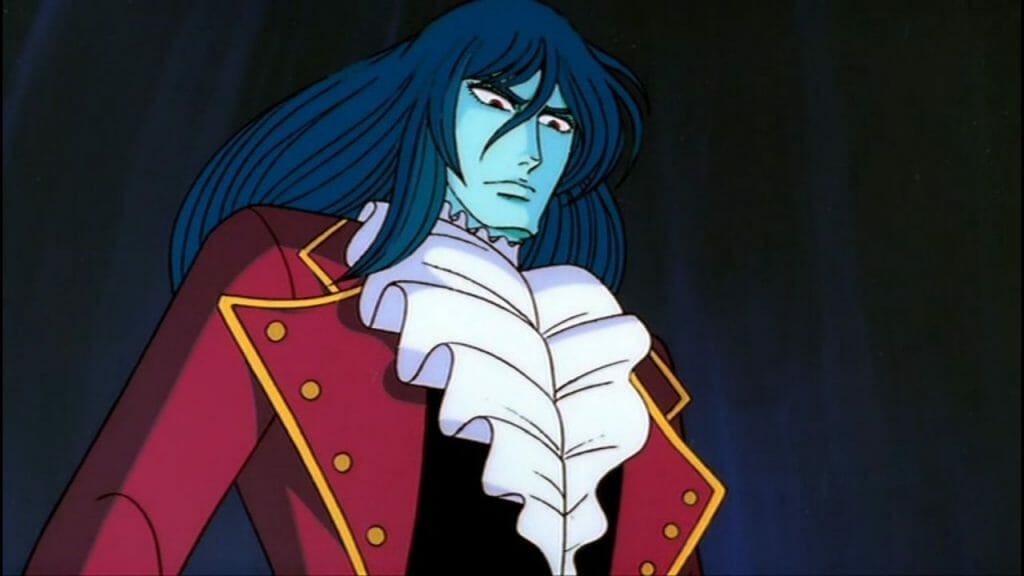
Free happiness, it seems, is met with suspicion and outright hostility, in a world governed by profit motive.
Taking this into consideration, are the gods saving Unico from the bitter realities of the world? Would the unicorn, left to his own cognizance, potentially end up dejected and cynical, ground down by the unremitting ruthlessness of civilization? Or would he emerge mostly unscathed like Mr. Rogers, unshakable in his belief in love and dignity for all?
Personally, I would like to believe the latter, though it’s apparent that there is a broader and more striking reason the gods punish the hapless creature.
The magic of Unico is not merely that he can make people happy wherever he goes. It’s that his brand of happiness seems to last—something no drug, self-help book, or weekend retreat could ever realistically achieve. If we accept that the world of Unico is anything like our own, though, then there should be no shortcuts to happiness, lest it be degraded as it grows commonplace.
The classical philosophers, among them Aristotle, believed that a lifetime spent developing virtue was the only way to reach eudaimonia, loosely translated as “contentment,” and that this was achievable only at the end of one’s life. According to Aristotle, one should strive to cultivate virtue in accordance with reason, an undertaking requiring patience and practice, as well as lifelong learning and training. In other words, a lifetime of hard work and sacrifice.
Sound familiar?
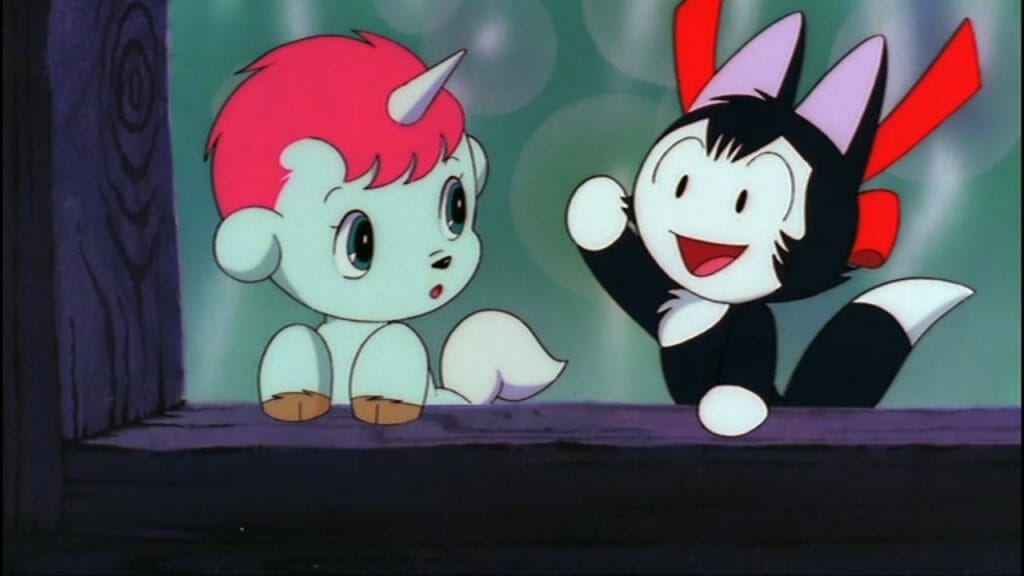
A magical unicorn who lobs happiness at anyone who walks past would fly in the face of every philosophical or theological system that has ever undertaken the task of understanding human suffering. In this light, of course Unico would have to be banished. Not only would people lose all respect for the gods—they would realize them to be wholly obsolete.
Therefore, if happiness via unicorn is fantasy and not something we should want in the first place, if Aristotle and the gods are right, that happiness comes only at the end of a life spent in mental and physical practice, what then for the rest of us? With no unicorns, where can we find happiness?
Perhaps Unico has the answer, after all. In making friends with both the demon, Beezle and the foolish cat, Katy, Unico shows that life is immeasurably better with others. Even though Beezle is selfish and abusive, and though Katy is deluded and self-centered, Unico not only sees the best in them, but helps the demon and the cat see the best in themselves. Their lives, in turn, are enriched for having seen themselves through another’s rose-colored gaze. Perhaps his unflappable goodness is his real power, and the boundless grace he bestows upon every creature (the evil Baron excepted).
Unico could wave his horn and grant happiness to those around him, but the true happiness he occasions comes from his friendship and love—two kinds of magic that exist in abundance in our own world. Though his time with Beezle and Katy is short, we know that Unico’s life has been enlarged by his friendships. When he tearfully leaves his friends behind, we grieve for both the love he cannot give, and the love he cannot receive. As Jon Krakauer put it in his book, Into the Wild, “Happiness [is] only real when shared.”
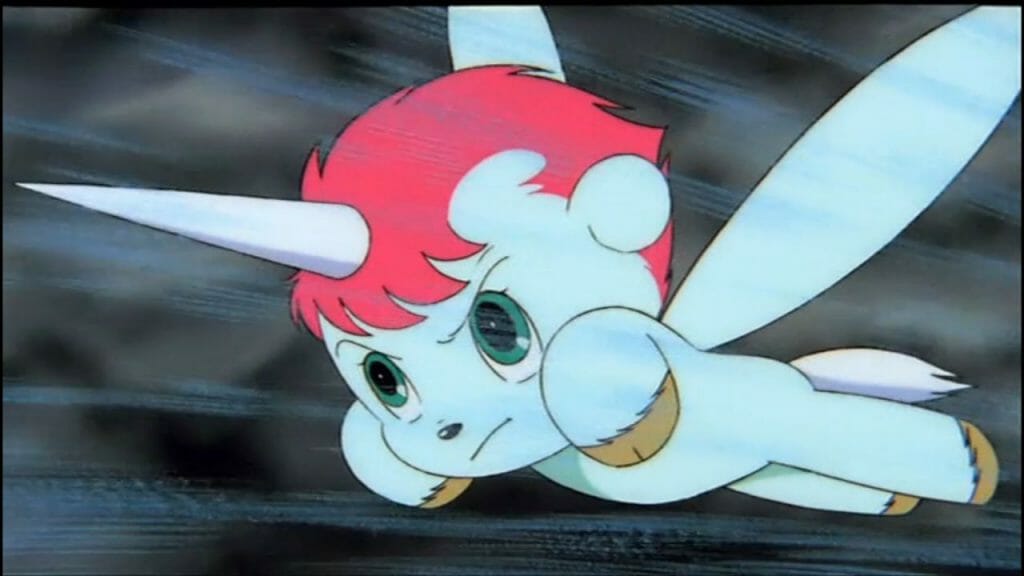
Osamu Tezuka lived through both the Sino-Japanese War and World War II, where he endured the fire-bombings of Osaka in 1945. He narrowly escaped death when a shell exploded only two meters from him. Instead of becoming embittered following his wartime experiences, Tezuka became a humanist with a profound love of nature, a distrust of political and military leaders, and a fear of the destructive implications of scientific advancement. Astro Boy, his most beloved character, is a young android with human emotions who is abandoned by his creator, Professor Tenma. In his early adventures, Astro Boy seeks acceptance in human society by being helpful, mediating in a conflict between humans and refugees from space.
Astro Boy has incredible powers, but he is not a superhero. He is a little boy often faced with moral quandaries, as he occupies a space between the human and robot worlds. And like Astro Boy, Unico is presented with the challenge of bestowing kindness upon individuals who objectively do not deserve it. One can’t help but be fascinated that, in both instances, the inclination of the android and the unicorn is to turn personal tragedy into an opportunity for good. It is this optimism that prevents Unico’s story from turning into one of pure sadness, even giving it an undercurrent of profound hope.
When so many films are reiterations of the revenge fantasy, when endless origin narratives are churned out to explore the dark inner workings of cinematic villains, it feels radical and refreshing to see characters spin pain into love instead of violence, and to seek grace instead of retribution.
If audiences are told again and again that hurt can only be answered with hurt, they will believe that true forgiveness only exists in the same imaginary realm as unicorns, and that is the saddest thought of all.


